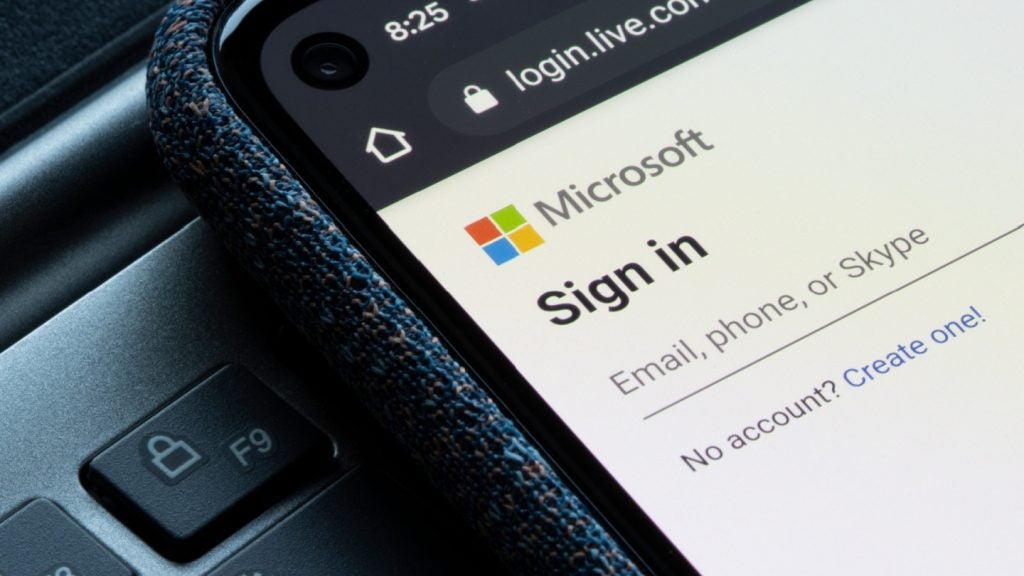
Every January, you hope for a better year in cybersecurity, and not the annus horribilis we have seen for the last couple of years. If only we could start the year without a devastating attack that will undoubtedly set the pattern for the next twelve months.
Unfortunately, hope is not the best of defenses—and we are not going to have a Dry January cyber-wise. But, along with the annual pain, so far this year, there has been a bit of gain.
If cybersecurity in 2021 was all about ransomware and supply chain attacks, then so far January 2022 has been about largescale cyberattacks on a nation-state and, to offer some light at the end of the tunnel, the taking down of a ransomware group.
The cyberattack on Ukraine, suspected to have been carried out by Russia, bore the hallmark of one of the supply-chain attacks that characterized 2021. According to a Ukrainian security official, the hackers seem to have used the software administration rights of a third-party company that developed the affected sites.
The attack took down the websites of Ukraine’s cabinet, seven ministries, the treasury, the National Emergency Service, and the state services website, and left them unavailable as a result.
Analysis of the cyberattack by Microsoft suggested that the malware used was designed to look like ransomware but lacked a ransom recovery mechanism. It was intended to be destructive and was designed to render targeted devices inoperable rather than to obtain a ransom.
How well do you really know your competitors?
Access the most comprehensive Company Profiles on the market, powered by GlobalData. Save hours of research. Gain competitive edge.

Thank you!
Your download email will arrive shortly
Not ready to buy yet? Download a free sample
We are confident about the unique quality of our Company Profiles. However, we want you to make the most beneficial decision for your business, so we offer a free sample that you can download by submitting the below form
By GlobalDataREvil’s takedown
The Ukraine attack was not the only extraordinary cyber event of the last week. The other was Russia’s domestic intelligence service taking down the criminal ransomware group REvil. According to the Federal Security Service (FSB), a special operation saw Russian authorities raid 25 addresses, resulting in the arrest of 14 individuals and the seizure of over $1 million worth of assets, including 426 million rubles, as well as computer equipment, crypto wallets, and 20 luxury cars.
Associates of REvil have been linked to the May 2021 shutdown of Colonial Pipeline, the largest oil producer in the US, as well as the July 4, 2021, attack on software company Kaseya and a May 2021 ransomware attack on JBS USA, the world’s largest meat processing company.
The Russian agency said that the basis for these raids was an appeal by the US authorities, and the White House has acknowledged that one of the hackers arrested had been involved in last year’s Colonial Pipeline ransomware incident.
Too many cybersecurity cooks?
But all may not be plain sailing on cybersecurity at 1600 Pennsylvania Ave. According to Bloomberg, Anne Neuberger (the Biden administration’s Deputy National Security Advisor for Cyber and Emerging Technology) apparently ruffled feathers in late 2021 when organizing a virtual summit on ransomware for October 13.
Neuberger reportedly invited representatives from roughly 30 countries and the European Union, but the key US agencies handling cybersecurity—including the Department of State, the Cybersecurity and Infrastructure Security Agency, and the newly created Office of the National Cyber Director—were seemingly only invited to attend as observers.
This suggests that while US cybersecurity policy has drifted for years with no one to take charge, the Biden administration is now suffering from too many cyber-cooks. Apart from Neuberger, Chris Inglis was recently confirmed as the country’s first national cyber director.
Still, it is perhaps better to have too many cooks than none at all. Let’s see what the rest of 2022 brings.








